Only when you get a chance to look back carefully at what the motor industry achieved in 2015 does it become clear what a truly remarkable year we’ve just had.
By March 2015, in a stellar couple of months that included the greatest Geneva motor show of all time, we had seen a new SUV from Rolls-Royce and a new Aston Martin-chasing supercar concept from Bentley. Not to mention a McLaren for the Porsche 911 market, the return of the Ford Focus RS and the Jaguar F-Pace SUV, a cert to become the best-selling Jag in history.
Through the year, the breakneck news pace never slowed. We had an Alfa Romeo revival, more Hondas than you could count, the rebirth of the Mazda rotary sports car and 100 other events just as important. Then late in the year we watched, amazed, as Volkswagen trashed its own reputation – in a way no onlooker could ever have predicted.
However, in this all-too-brief summary, we major on the positives, knowing much more big news is coming. The extraordinary events of 2015 were born in the middle of the 2008-2011 financial crisis because, even in hard times, the motor industry only knows how to go forward. As a matter of fact, it has already selected first gear to drive into 2016 and is about to drop the clutch.
The winners and losers of 2015
Winners:
Makers of three-cylinder petrol engines (BMW, Ford, Mini, PSA Peugeot Citroën, Toyota, Renault, Vauxhall) that have brought true refinement to cheap cars.
Honda UK, which launched lots of new products (Honda CR-V, Honda Civic, Civic Type R, Honda HR-V, Honda Jazz and Honda NSX) and reversed a disastrous sales trend.
Sellers of electric cars: demand for their products has quadrupled (from a pretty low figure).
Jaguar, for a stellar year that attacked lingering concerns about profitability with the introduction of the Jaguar XE and a revised Jaguar XF and the imminent arrival of the F-Pace.
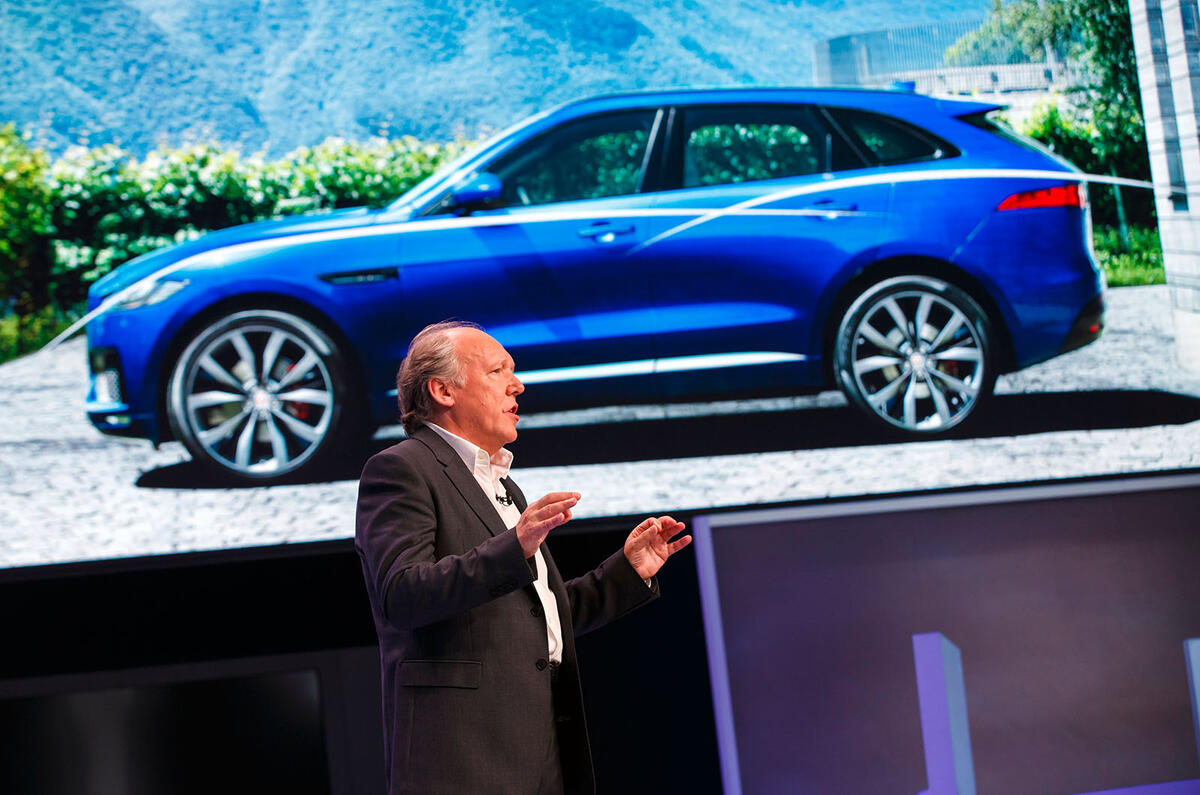
Suzuki, and especially its new Celerio, which started the year with catastrophic brake failure during Autocar testing, but has since proven itself as part of our long-term fleet.
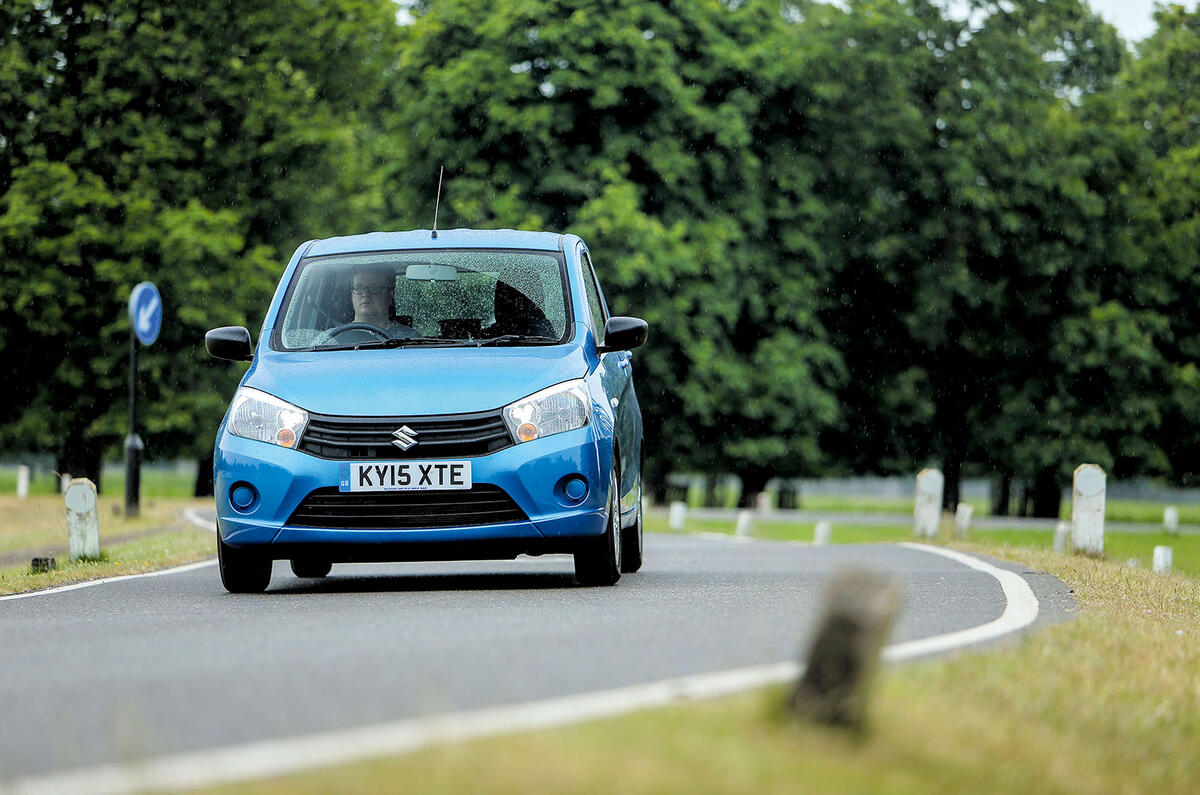
Losers:
Volkswagen, Audi, Seat and Skoda, for reasons too often raked over to be worth repeating.
World diesel demand, waning because of the above scandal, which reminded the car industry’s many vehement critics that promised ‘combined’ fuel economy figures have never been delivered.
Owners of keyless premium models, who learned that nicking their cars by hacking their software was “ridiculously easy”.
Current EU emissions tests, now roundly discredited in the wake of the Volkswagen scandal.
The Land Rover Defender, which will be officially laid to rest on 31 December. It has been such an icon that the company is still arguing over the specification of its replacement.
Owners of Volkswagen Group diesel cars, whose trade-in values are 10-20% softer than before.
Great lives lost
Justin Wilson, racing driver
A former Jaguar F1 driver, Sheffield-born Wilson, 38, died after being hit by detached bodywork from another car in an IndyCar race at Pocono Raceway in Pennsylvania. He was a friend of Autocar, much admired for his friendliness and ‘normality’ as well as his driving ability.

Lord Montagu, founder, National Motor Museum
Edward Douglas-Scott-Montagu, 89, the third Baron Montagu of Beaulieu, founded the car collection in the 1950s that grew into the National Motor Museum and became a lifelong advocate of cars and the motor industry.
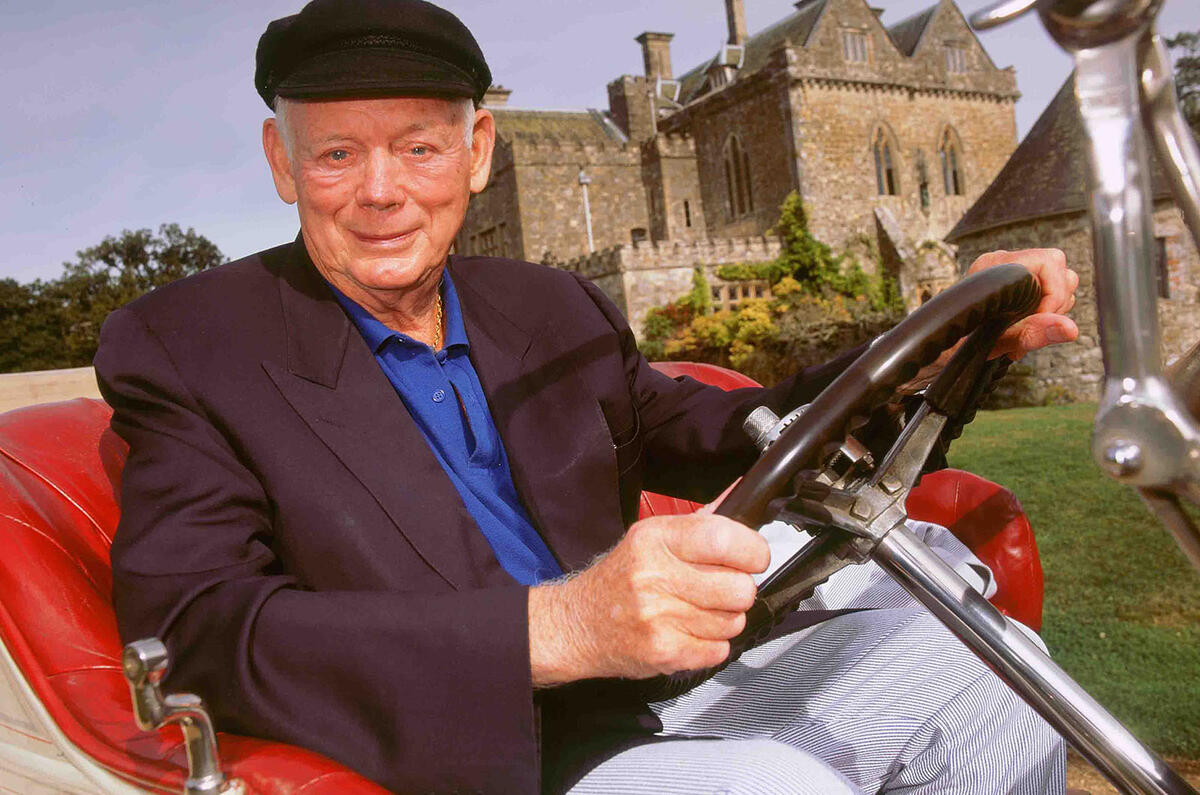
Ronald ‘Steady’ Barker, former Autocar features editor
One of the most fondly remembered motoring journalists of his era, Barker was well known for his humorous writing and deep knowledge of the motor industry. His many friends included Sir Alec Issigonis and Alex Moulton.
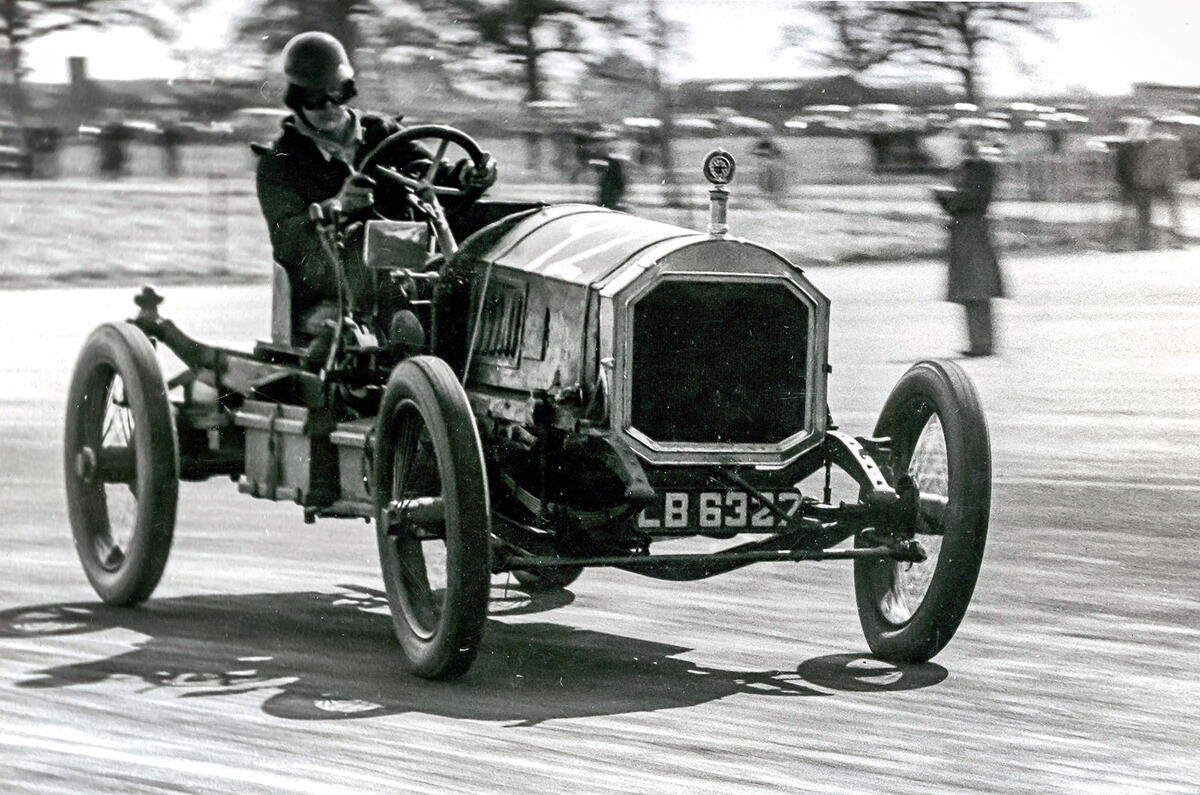
And great cars, too
At this time of year, newspapers love to run obituary round-ups, listing the celebrities and notables who haven’t made it to 2016. So here’s a similar automotive take from us, as we pause to remember cars that have fallen off the perch this year, some with regret and others close to relief. Black armbands on and we’ll begin.
Perhaps 2015’s biggest trend was the decline (and near fall) of the naturally aspirated performance car, which is now an endangered species. The arrival of a new generation of turbocharged engines in the facelifted Porsche 911 really brought home how far things have come.
The new motors do wonders for economy, CO2 and driveability, but we’ll miss the yowl and character of the naturally aspirated flat six. If you want a non-turbo 911, it will now come with a GT3 badge and a price to match.
There was also the retirement of the Ferrari 458 Italia, a car that sounded good enough at high revs to trigger something close to religious fervour. The new 488 GTB is a better car pretty much across the board, but it doesn’t sound quite as nice. It could well be that we’ll look back on the 458 in years to come as the high-water mark for V8 noise.
We’ll also miss the rev-happy engine that helped to give the W204 Mercedes-Benz C63 AMG so much of its charm. The naturally aspirated V8 ‘B8’ Audi RS4 was quietly dropped from the price lists, too. (The engine remains available in the RS5, although not for long.) We know that the next RS4 will move to forced induction, but Audi has bucked the trend with the new R8, which sticks with a non-turbo, rev-hungry V10.
Several cars that transformed either the image or the fortunes of their parent companies were among 2015’s more notable departures. The first-gen Volvo XC90 lived for too long without any substantive upgrades but proved that it is possible to make a big SUV that doesn’t possess the aggression of a steroidal cage fighter.
The first-gen Jaguar XF should probably also have been replaced slightly sooner, but its long life delivered the sales volume Jaguar needed to stay alive. And the Mk1 Ford S-Max managed to remain the first choice for those who needed MPV practicality without an MPV driving experience throughout its nine-year lifespan.
Next, the oddballs. Farewell to the Vauxhall Ampera, a car that British car buyers never developed any affection for but one that proved that an old-fashioned car company could combine genuine electric range with the reassurance of not having to complete a journey on foot if the batteries ran out. And goodbye as well to the Volkswagen Phaeton, a car that remained in the official price lists through years of microscopic sales but was quietly deleted a few months ago.
Then there are the cars whose departure you may well not have noticed: the Mk6 Vauxhall Astra, the original Volkswagen Touran and the F01 BMW 7 Series will probably be among 2015’s least missed. Yet, in an ironic twist, what may well be 2015’s best-reported automotive retirement, the Land Rover Defender, isn’t actually one of this year’s casualties. Apparently, demand for the run-out versions is so high that production will run into January 2016.

Controversy of the year
VW sensationally betrayed not only millions of loyal customers but also the majority of its 650,000 employees when it was revealed, following third-party testing in the US, that many of its diesels and an unspecified number of petrol models incorporated engine control software designed to ‘defeat’ legislated tests with untrue emissions readings.
The company has admitted its guilt and claims to be working hard at righting the wrongs (correcting existing cars is expected to take a year), but it has yet to reveal who was responsible for the outrage or exactly how it happened. Until it does so, its many fine words of apology will carry little weight.
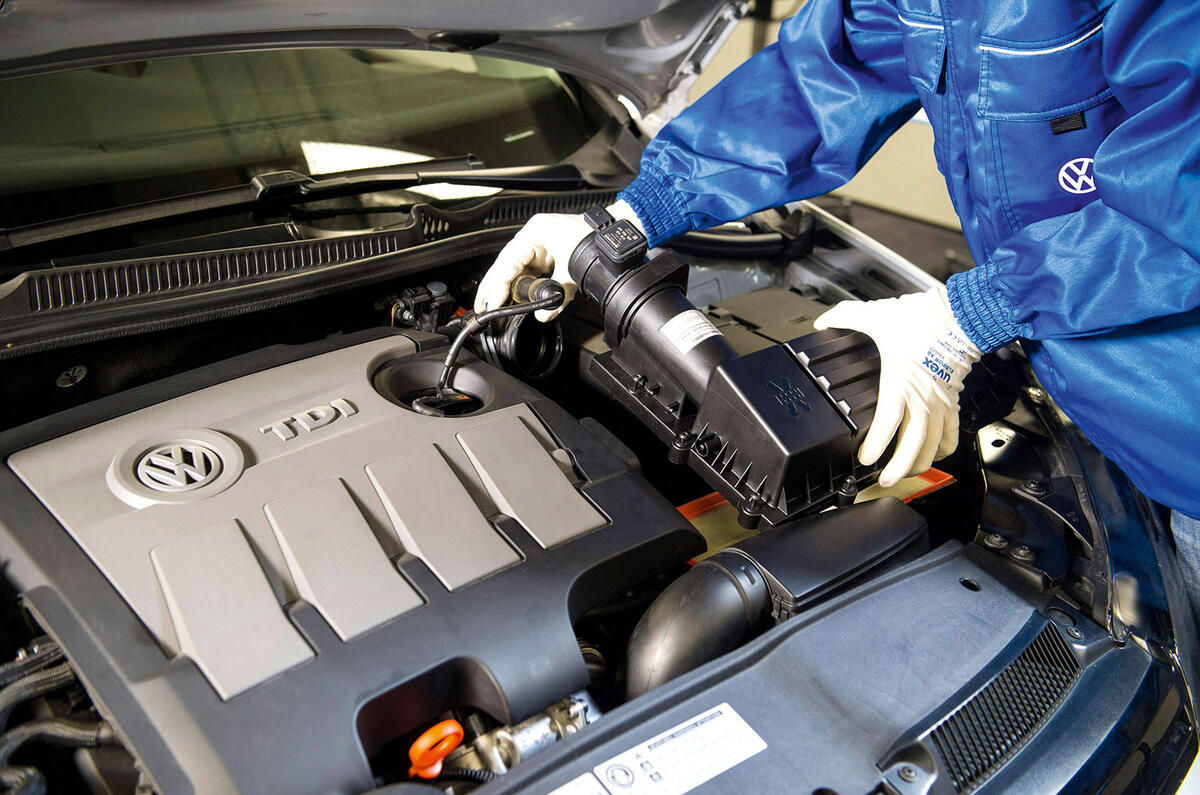
And finally, the 2015 stars ready for action
These cars aren't in production yet, but big things are about to happen.
Alfa Romeo Giulia - Alfa boss Harald Wester reassured us that his first of seven new-wave Alfas will be a good car — by trashing almost everything that the marque had done in the recent past.
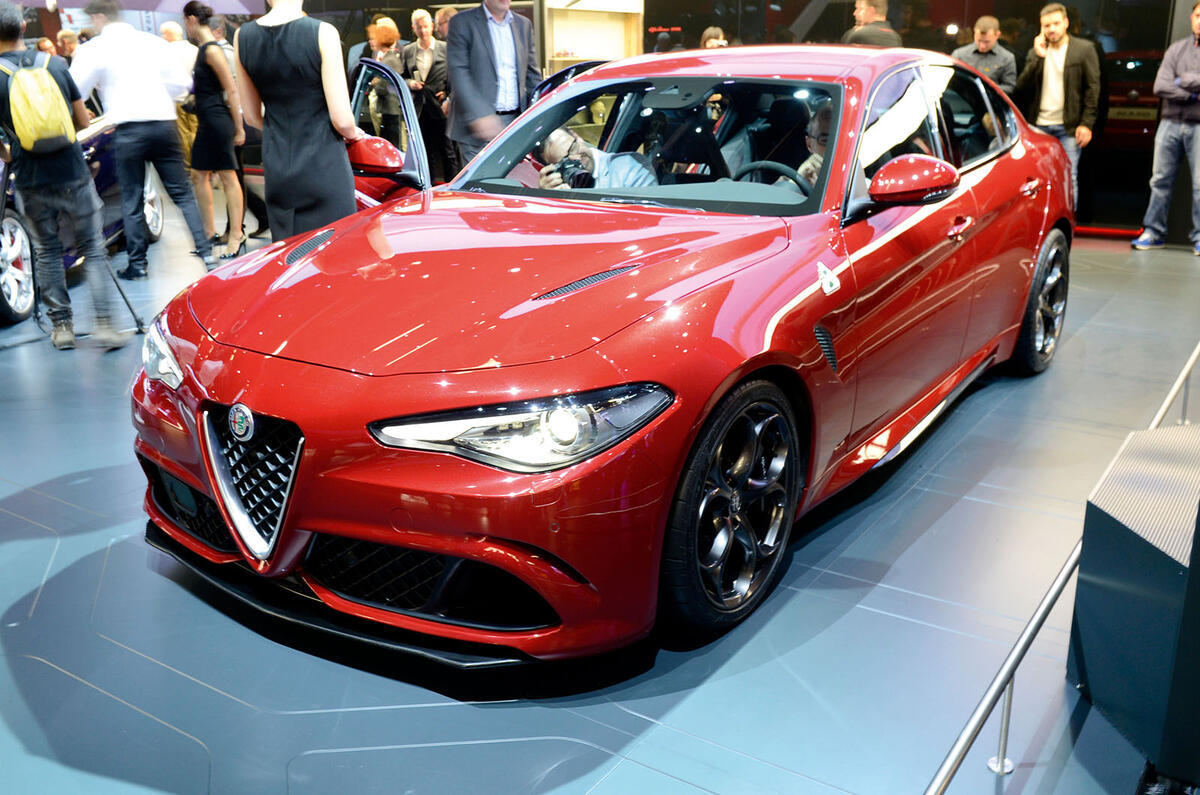
Aston Martin DBX crossover - A range builder. Aston bosses reckon they can sell 7000 sports cars a year but need models like this to attract different buyers, including a high proportion of women.
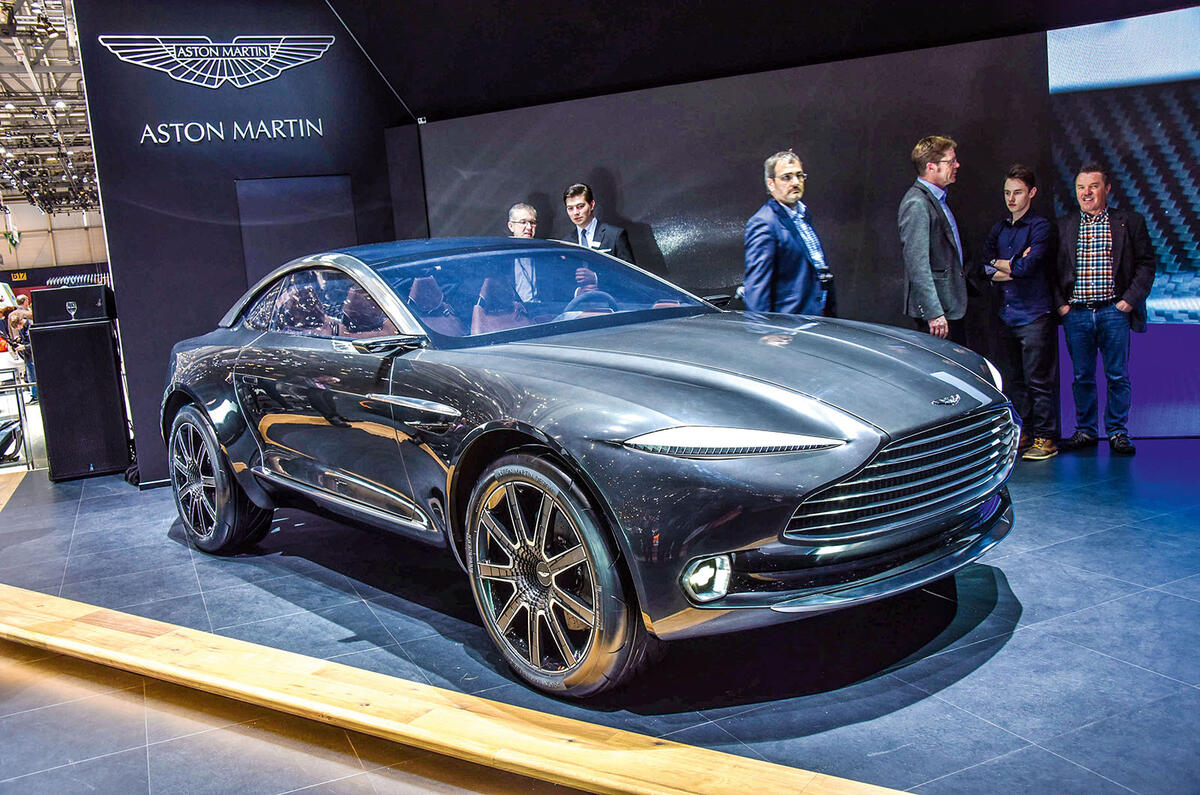
Bentley EXP 10 Speed 6 - Building this car is about more than chasing Aston, Bentley says. It needs volume beyond 20,000 cars a year — thus more models — to benefit from economies of scale and avoid the sales ebb and flow of the past.
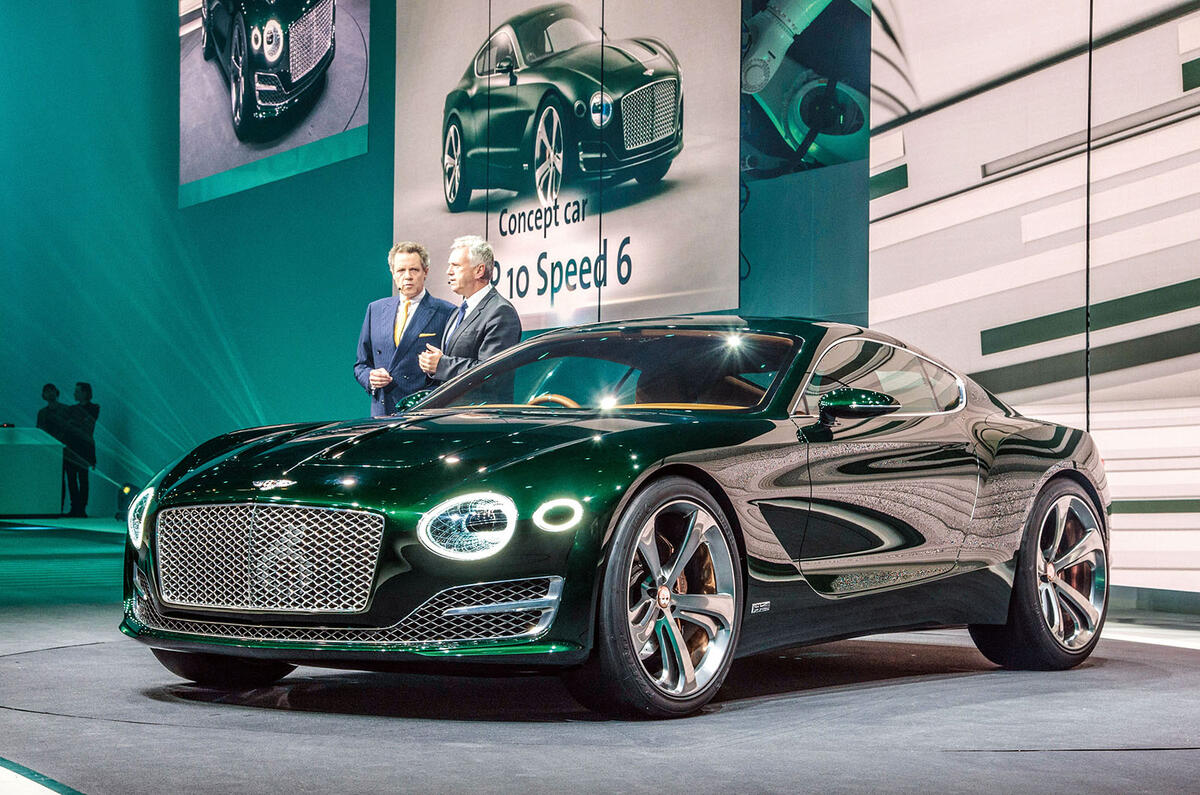
Bentley Bentayga - It isn’t often a manufacturer of £200,000 cars ramps up its predicted production numbers by 60%, even before the first new SUV rolls off the line. But that’s what’s happened here.
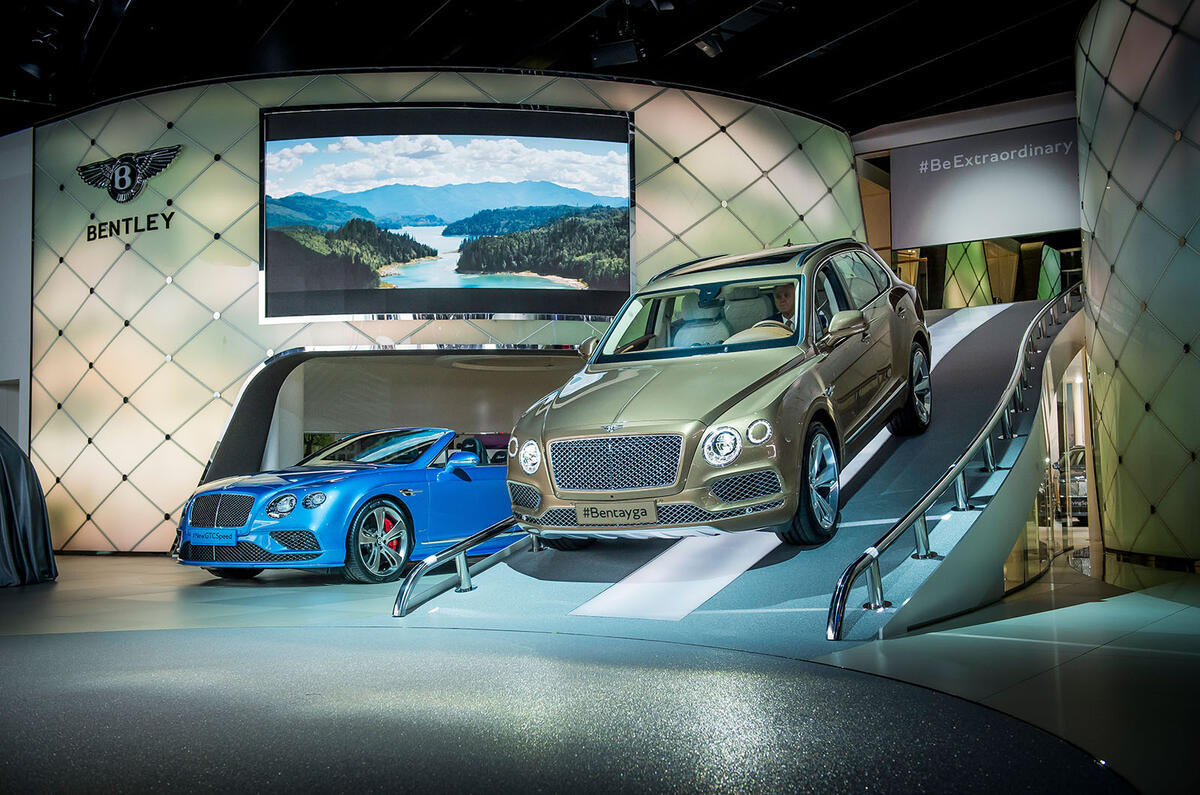
Ford Focus RS - We knew this one was coming for ages but were still surprised when it turned up at the Geneva motor show in March. Best of all, it’s the beginning of a renewed Ford push into performance cars.
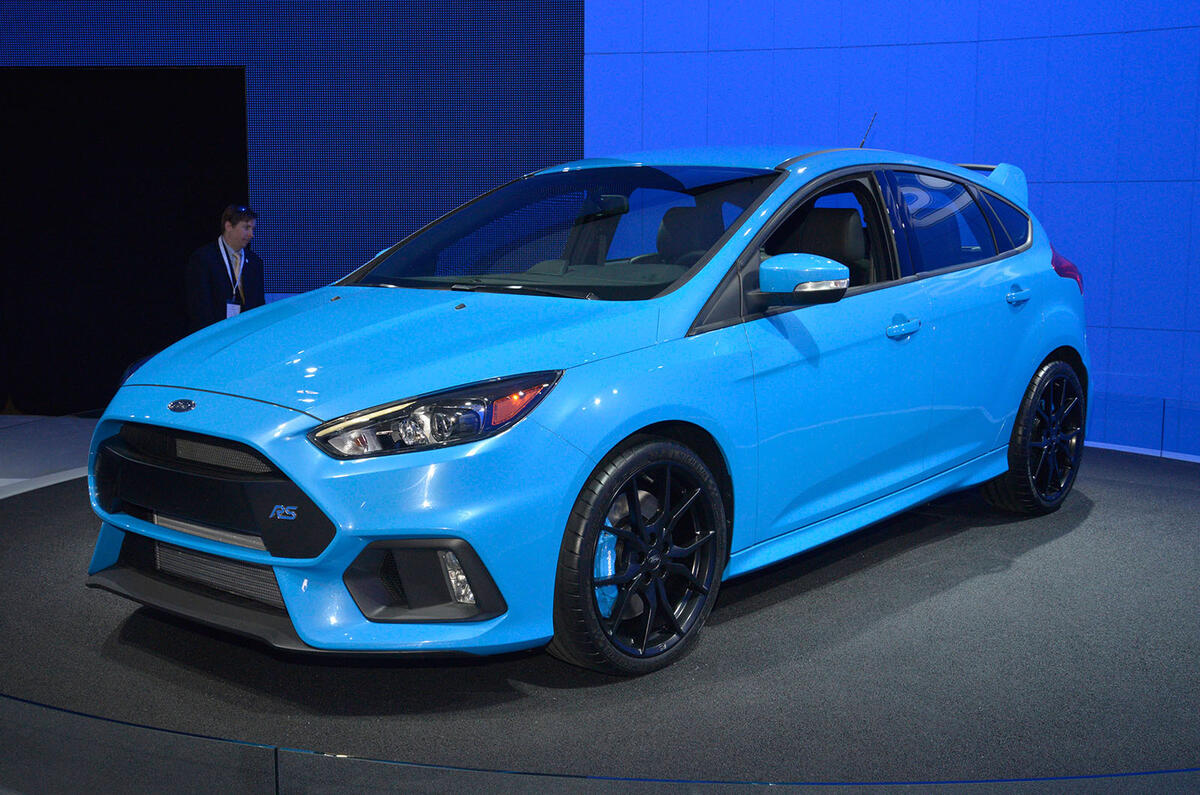
Ford GT - Ford company traditionalists prove they have long memories: the all-new GT supercar appears with its eyes already fixed on Le Mans victories. It’ll be a tougher ask this time…
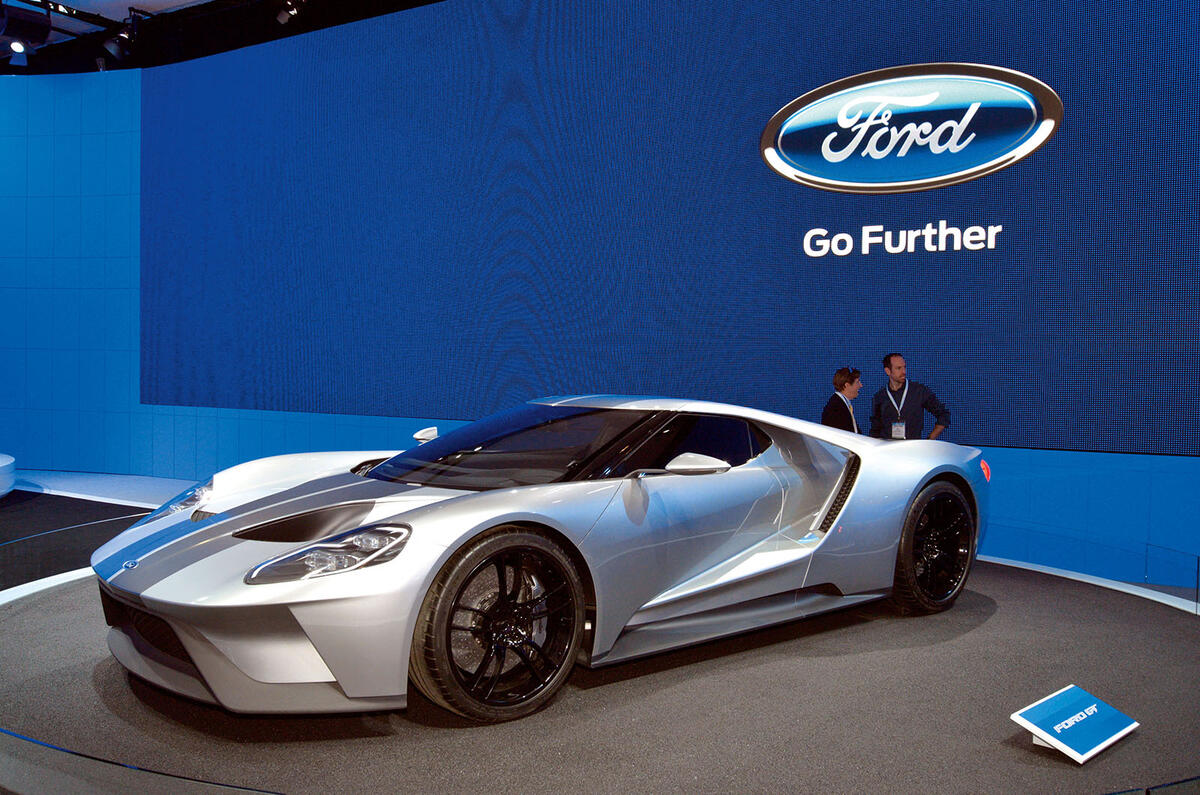
Honda NSX - Honda finally revealed its hybrid supercar — and delighted potential buyers with the car’s compactness, performance, efficiency and obedience to Soichiro Honda’s founding philosophy.
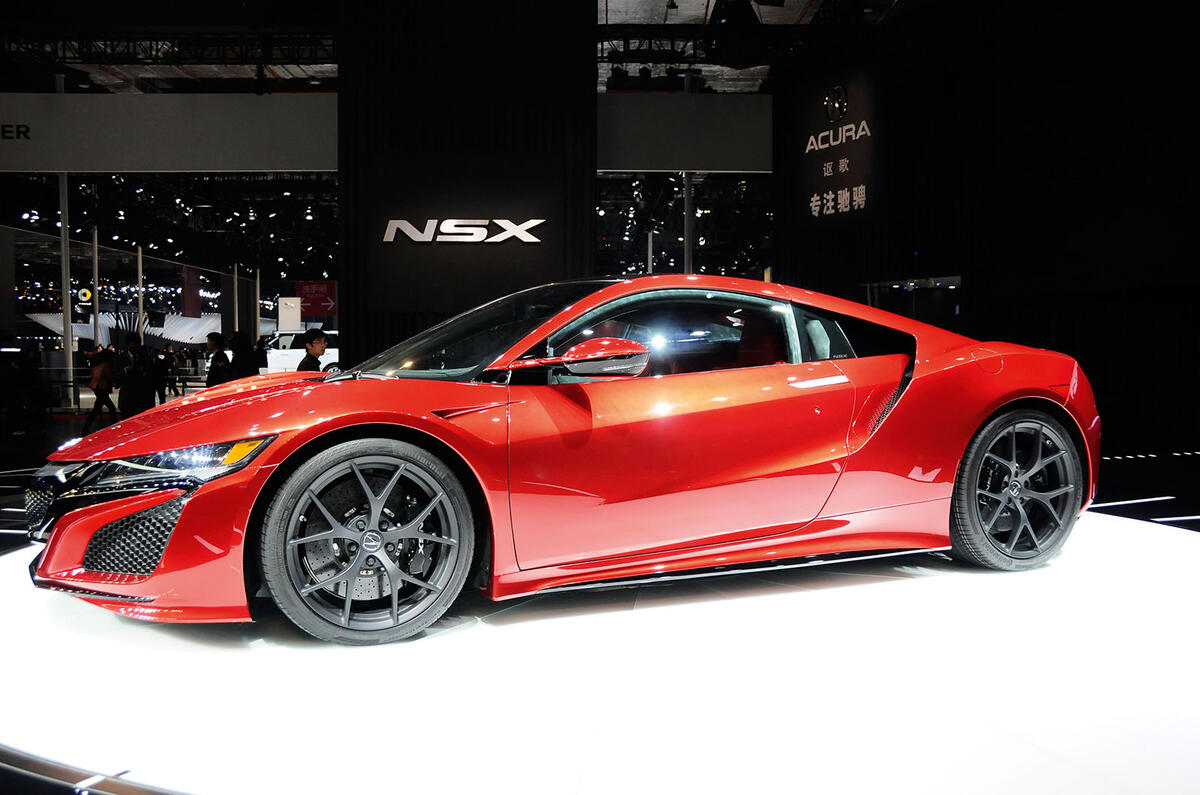
Jaguar F-Pace - Jaguar unveiled the new SUV that, insiders are now saying, should become the biggest-selling and most profitable model in the firm’s history.
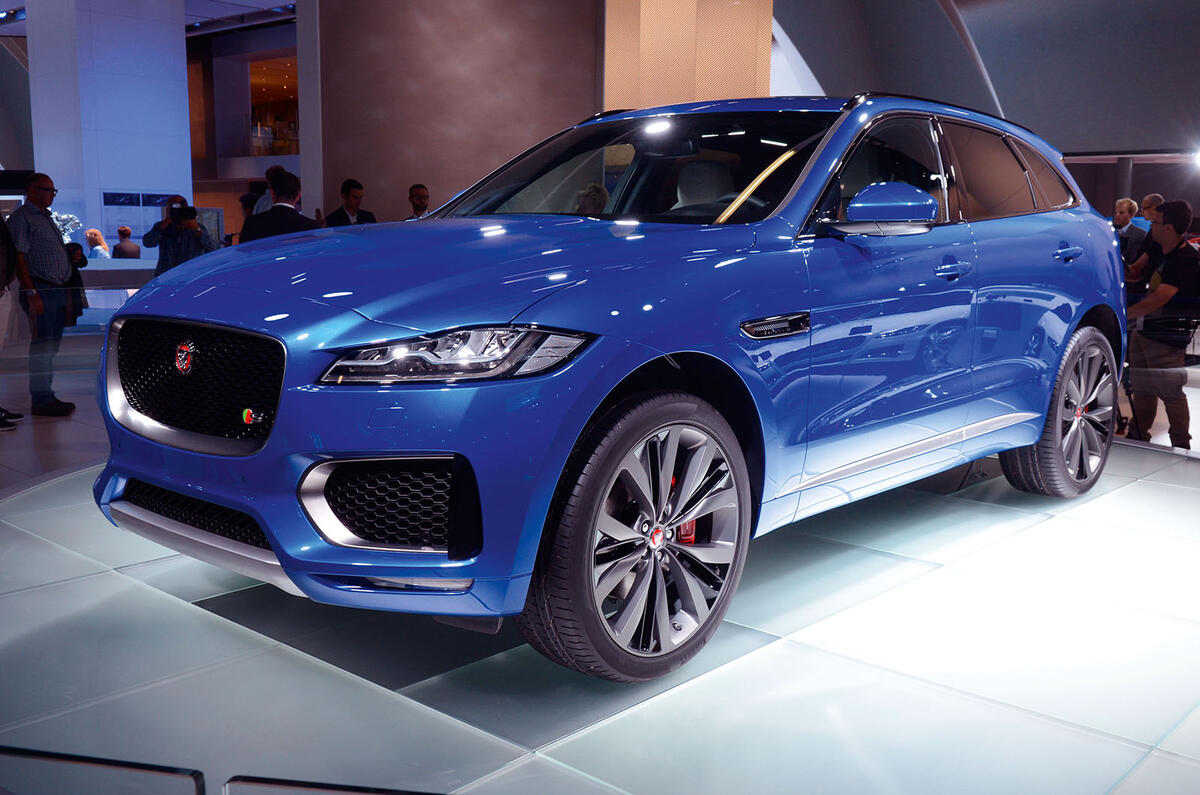
Mazda RX-Vision concept - Mazda previewed its new flagship rotary sports car at the Tokyo motor show — in a form that both celebrates and improves upon the beauty of its previous coupés.
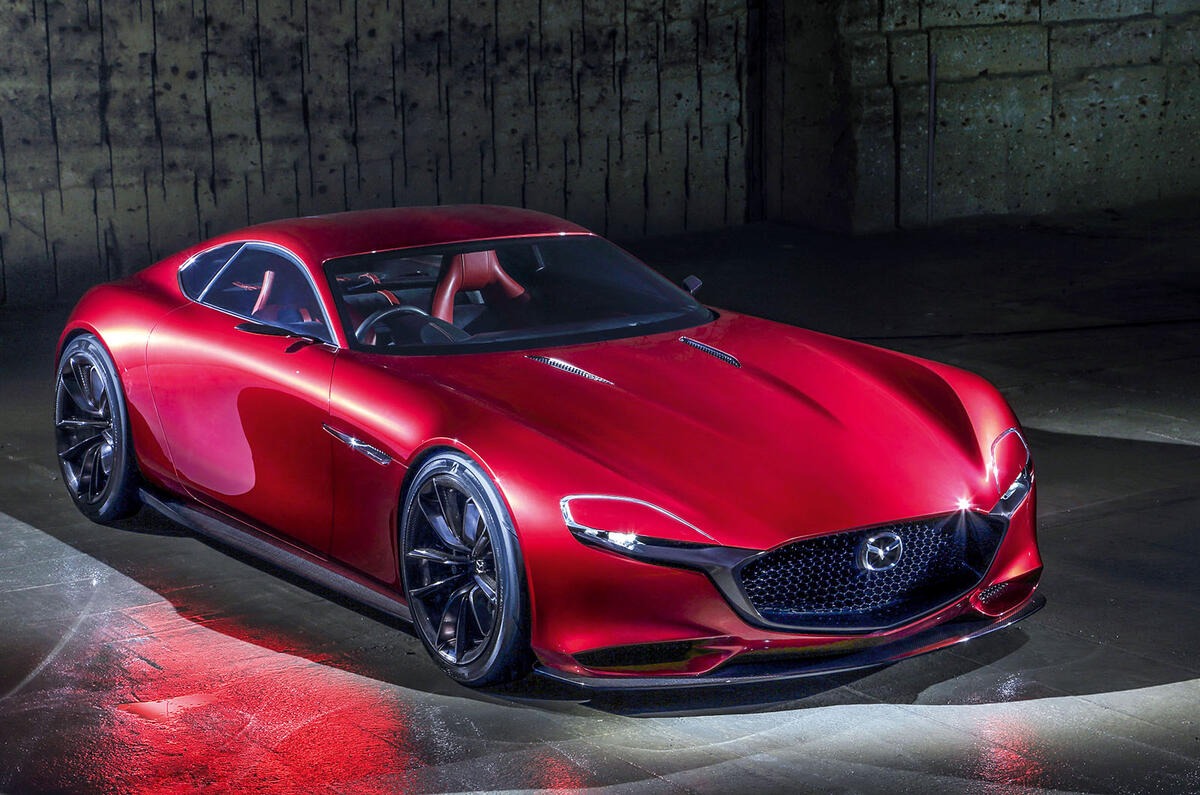
TVR - We exclusively showed what the new TVR team want their first model to be like - proving that in character, styling, performance and simplicity, it’ll keep the faith.
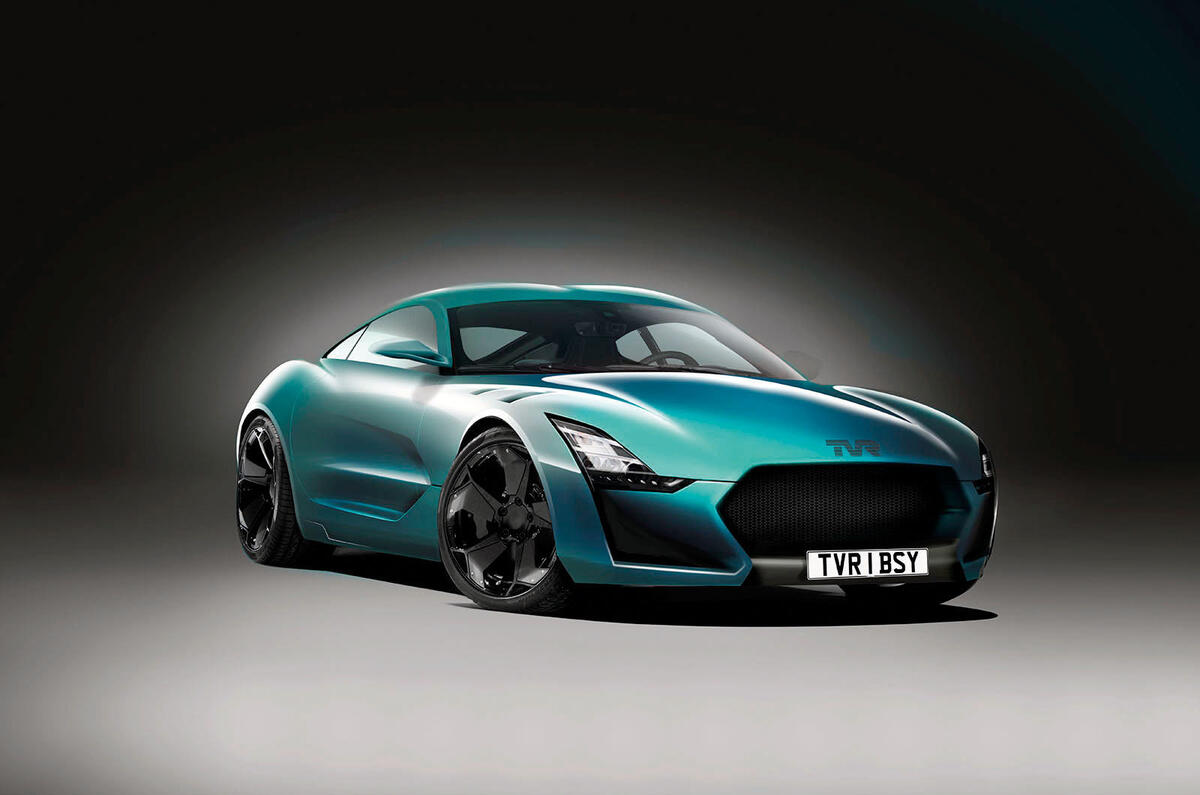

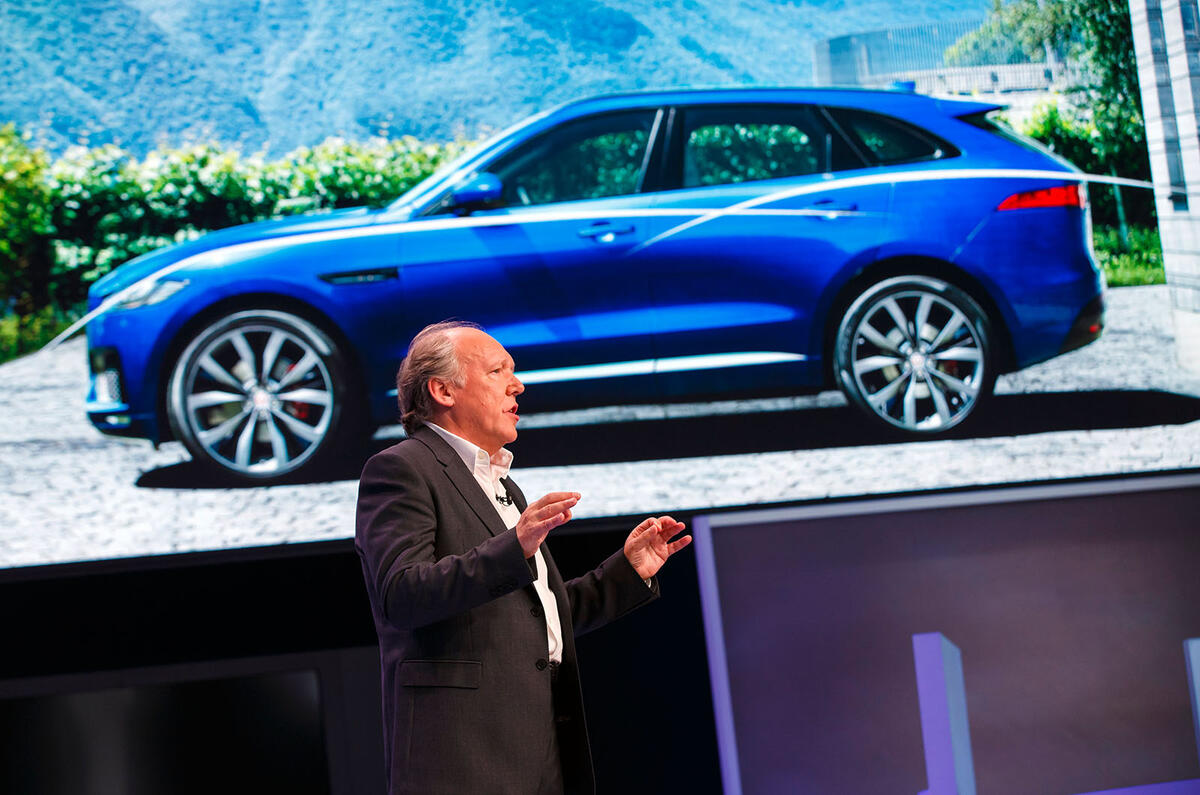
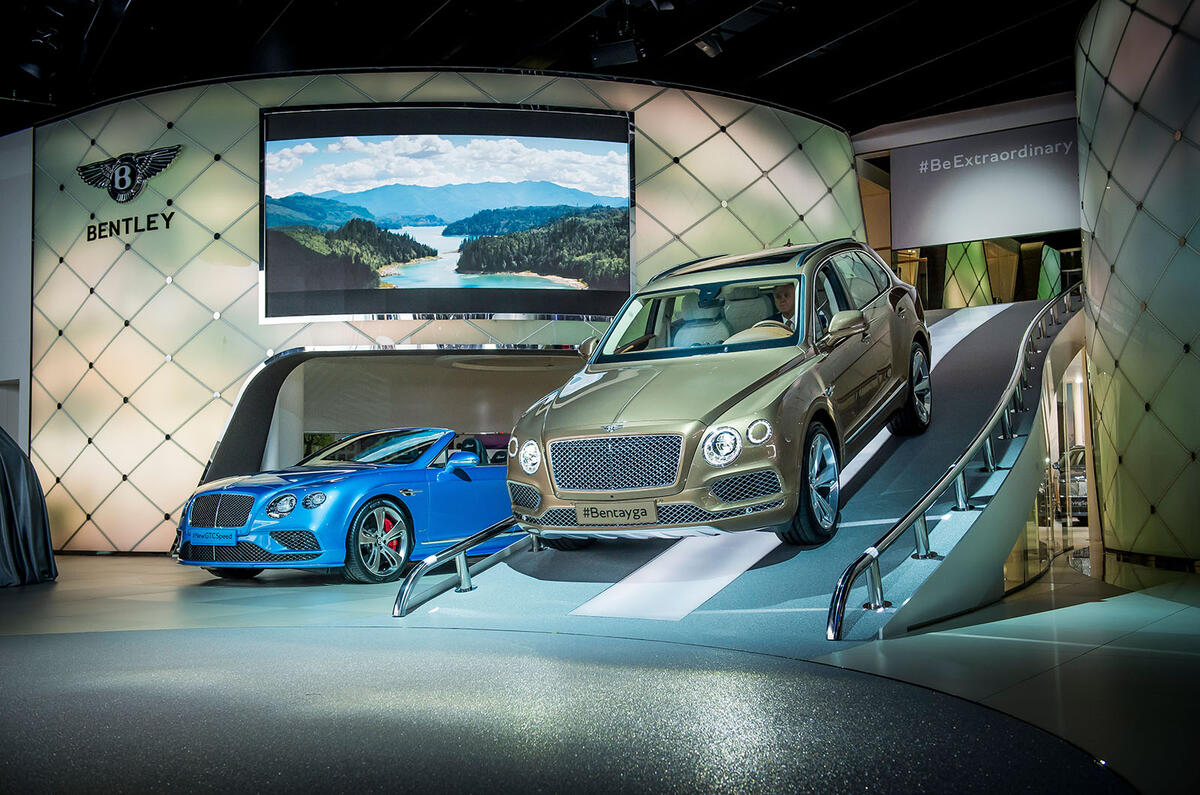
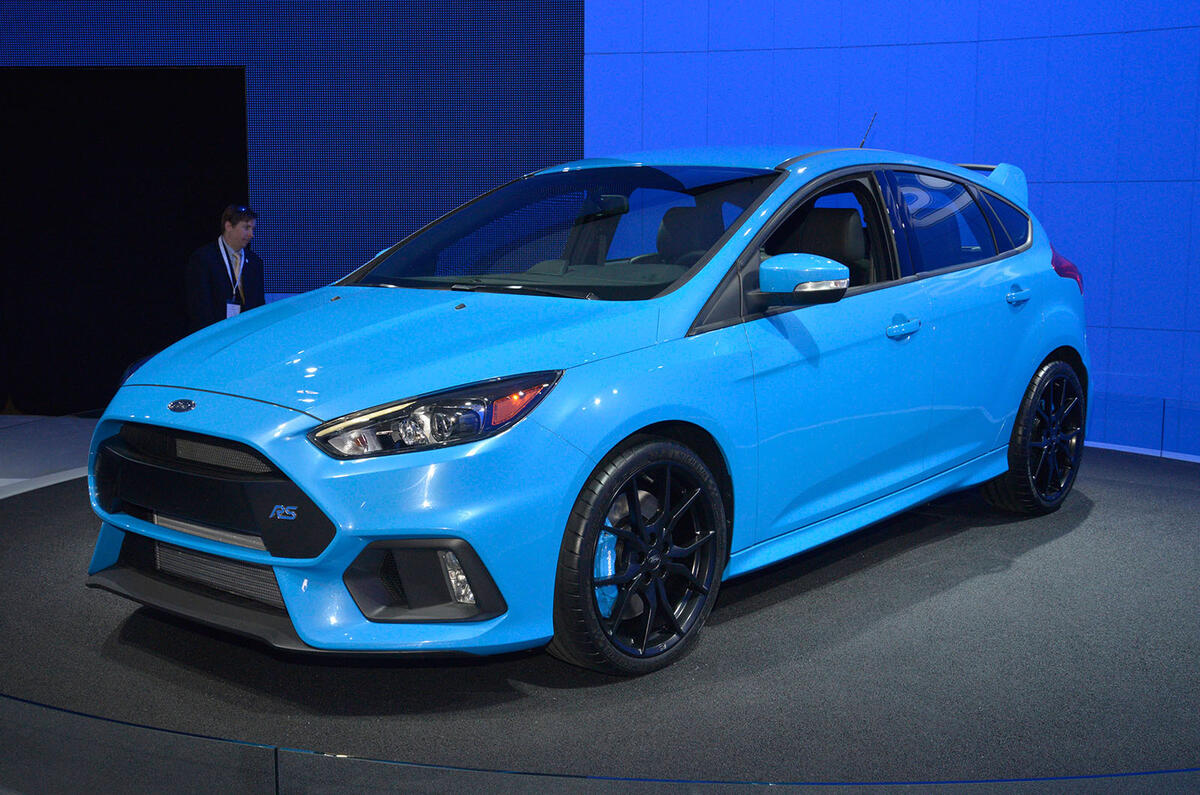
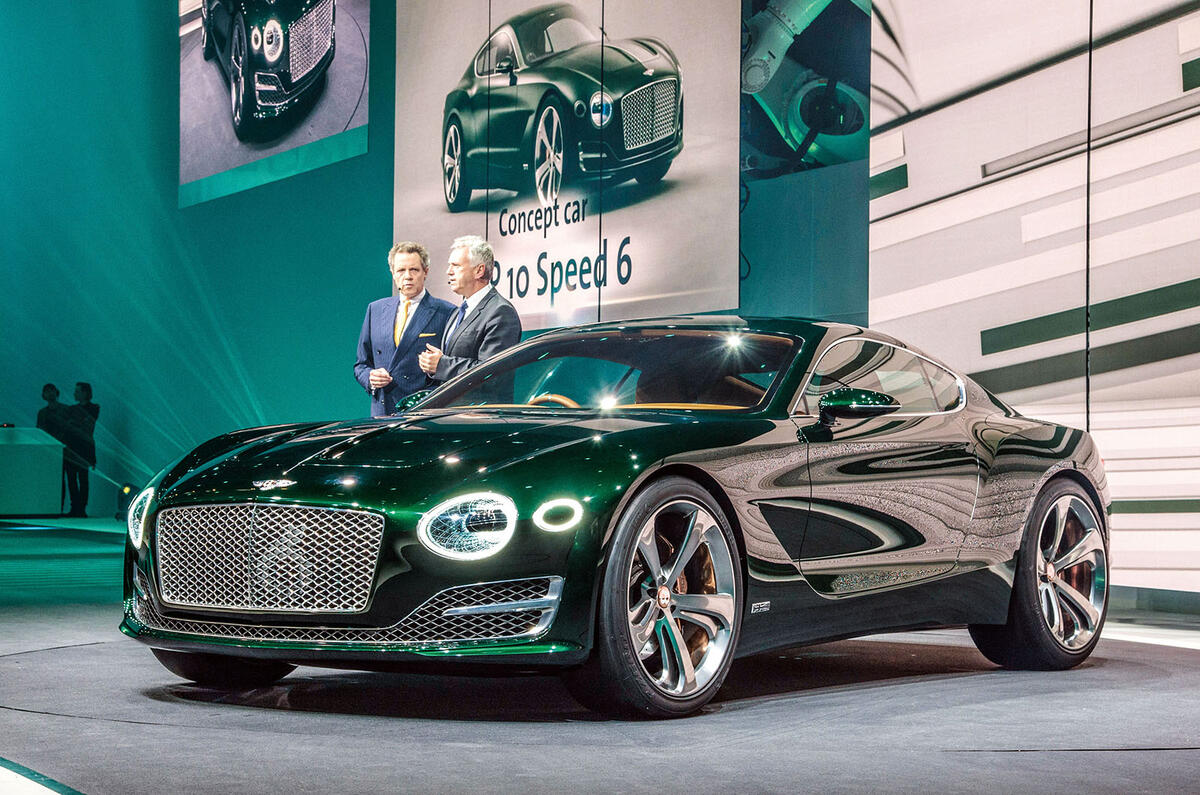
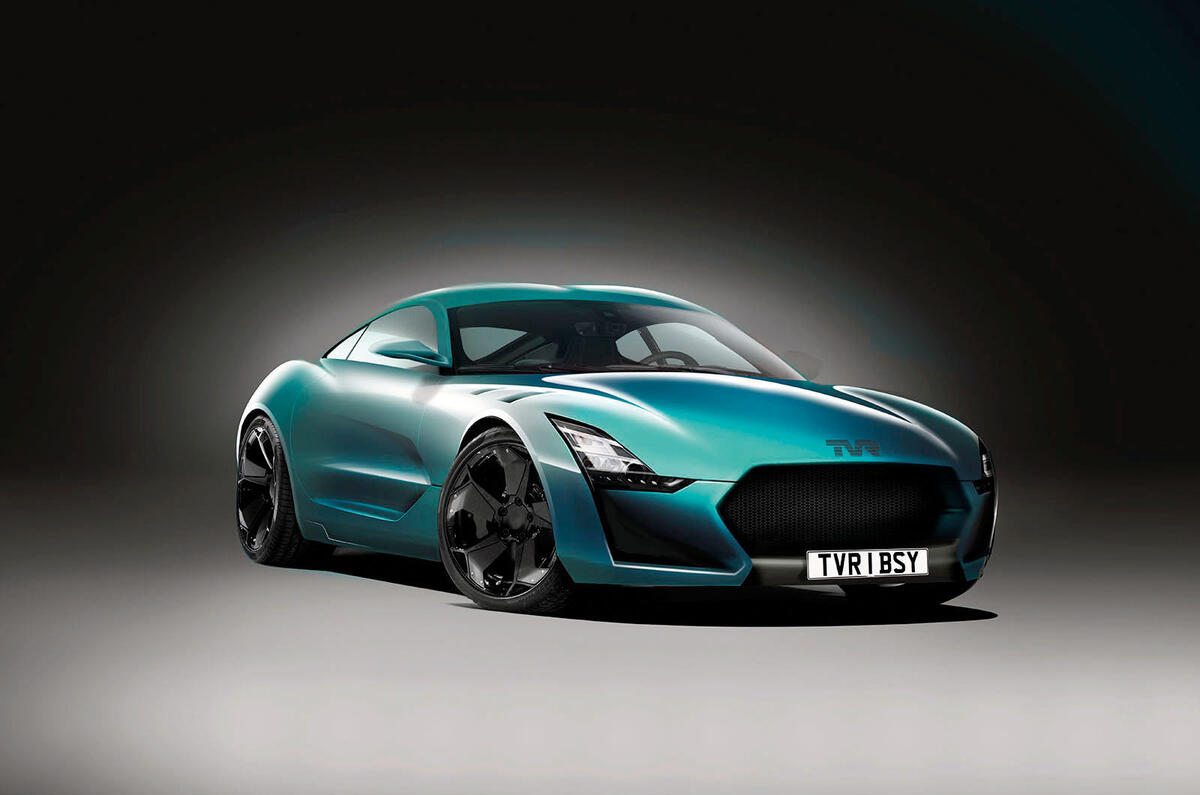
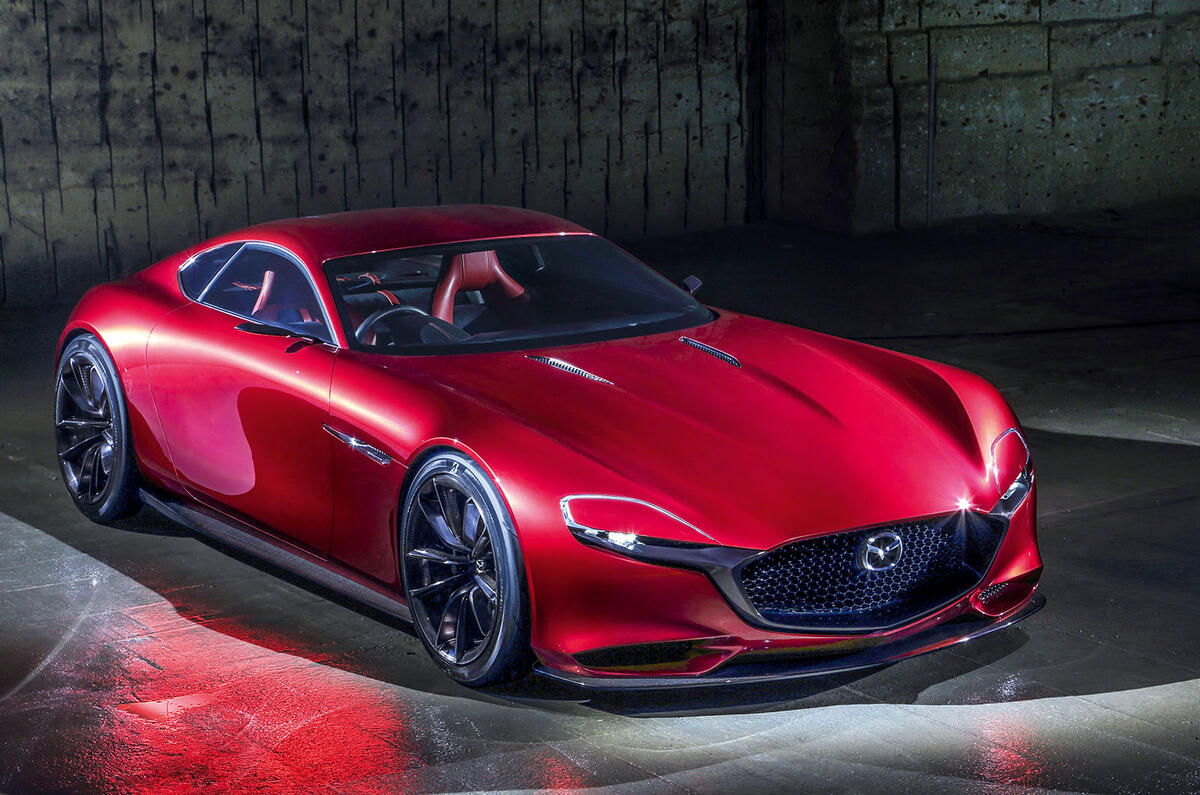
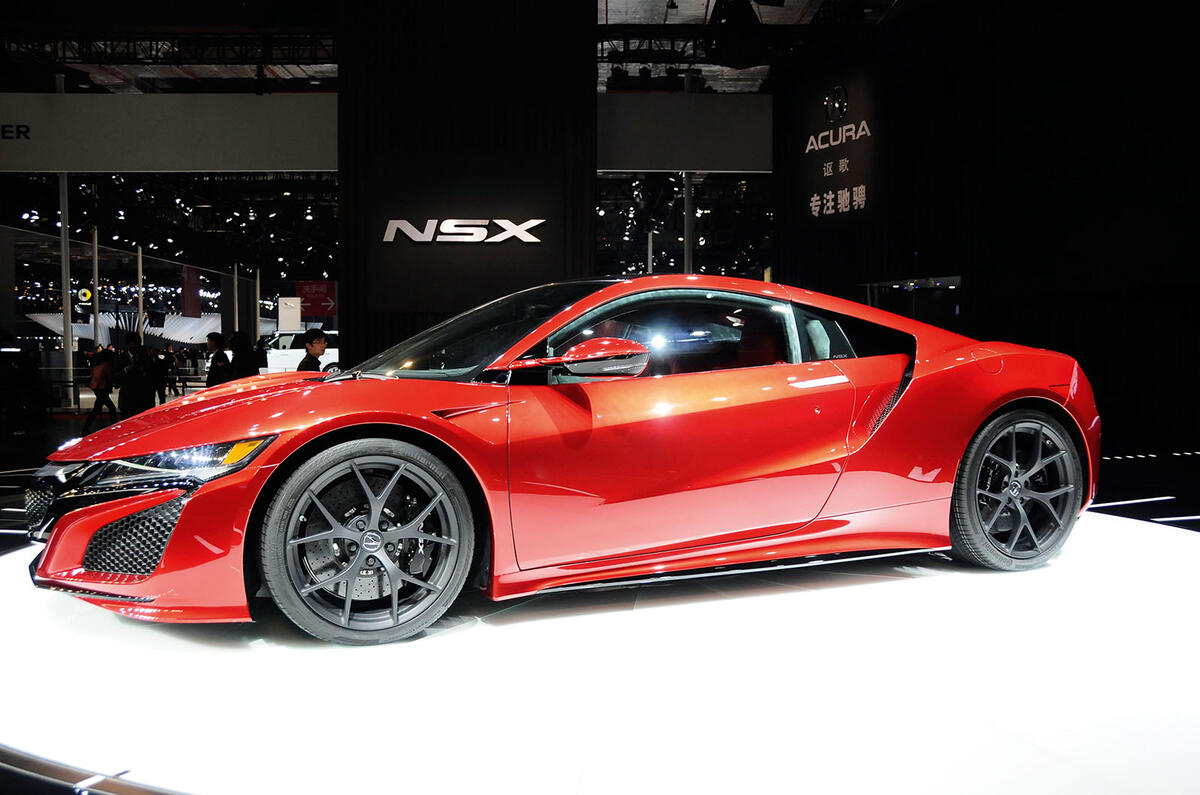
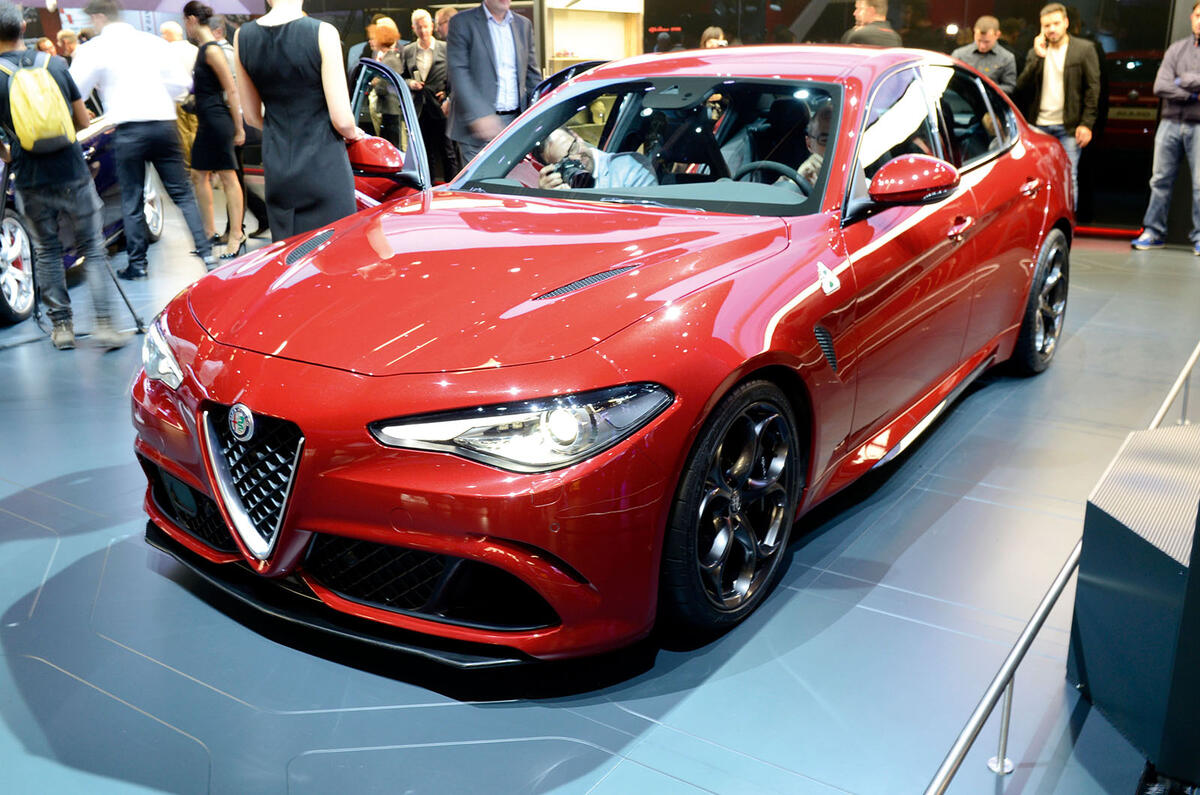
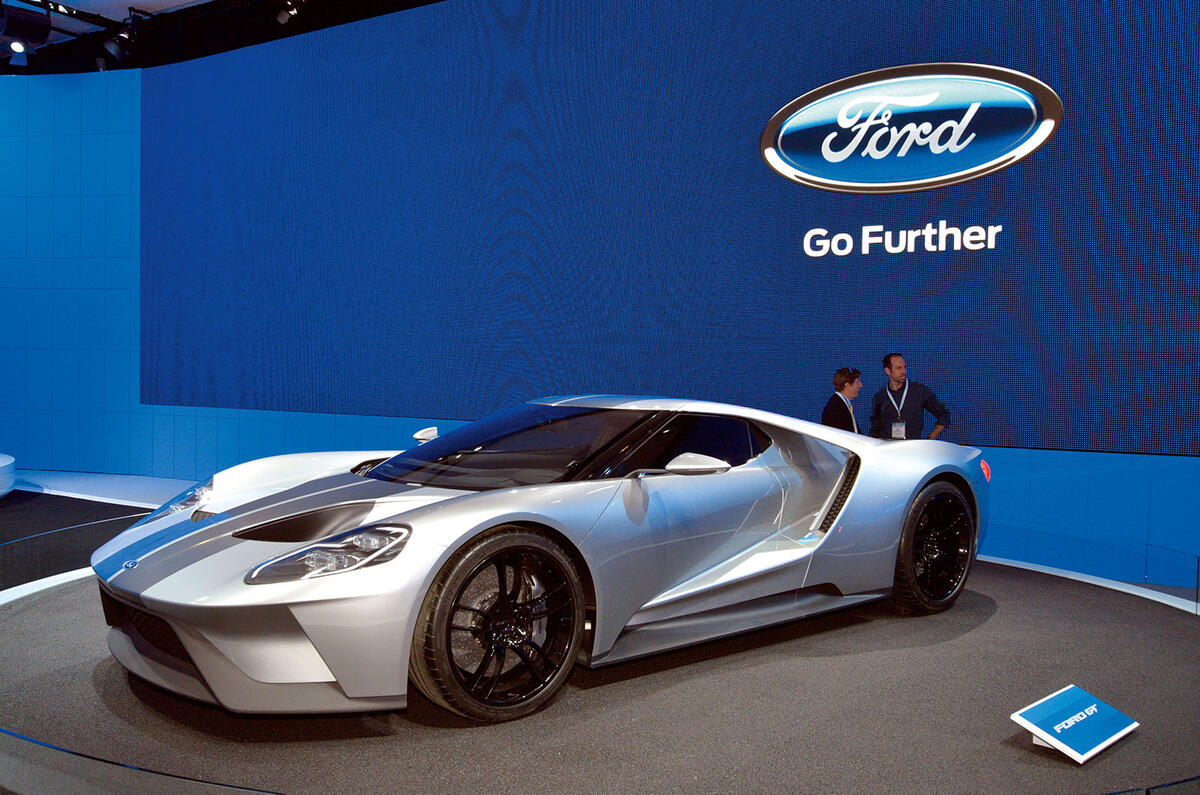
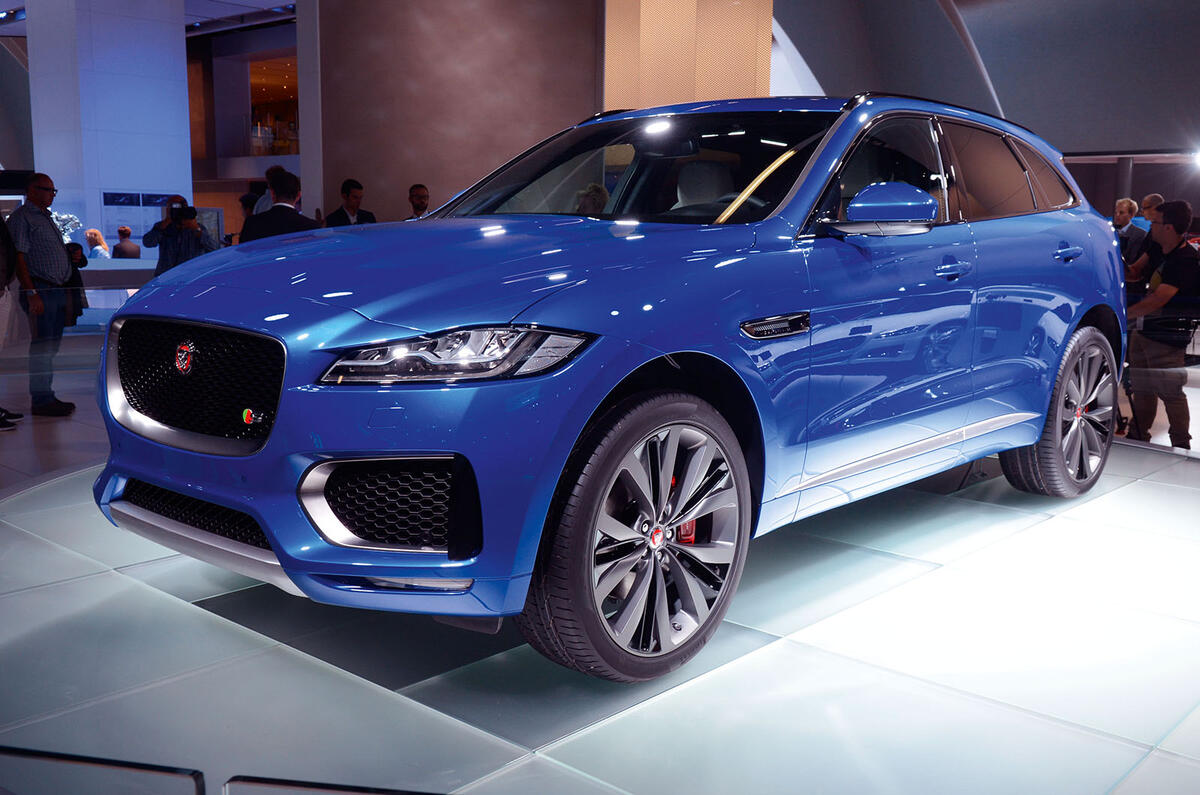
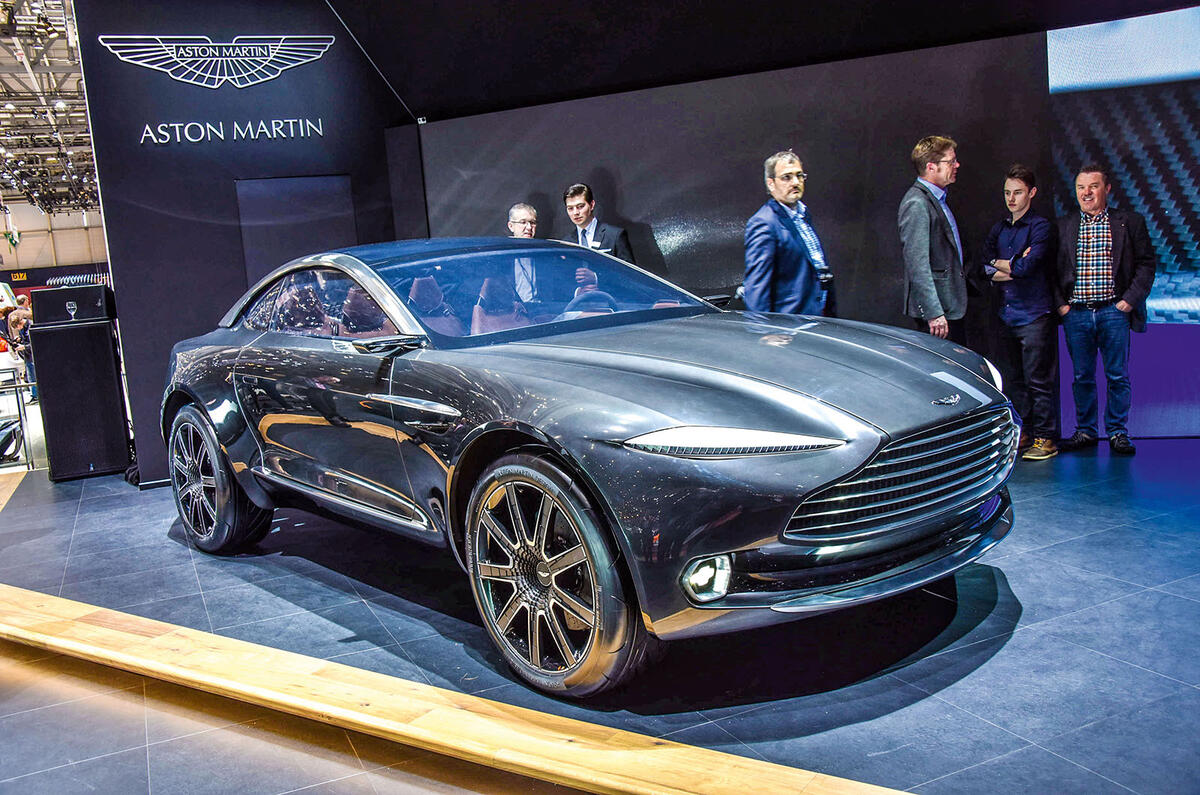


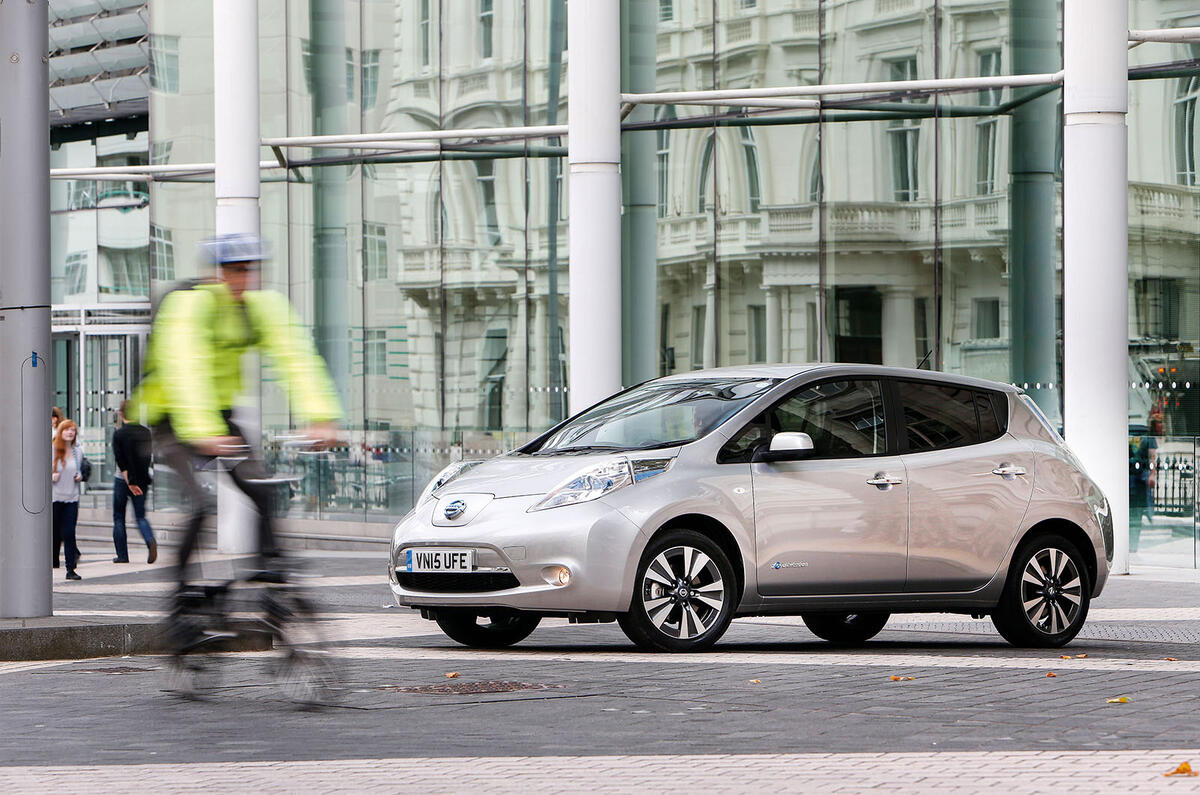
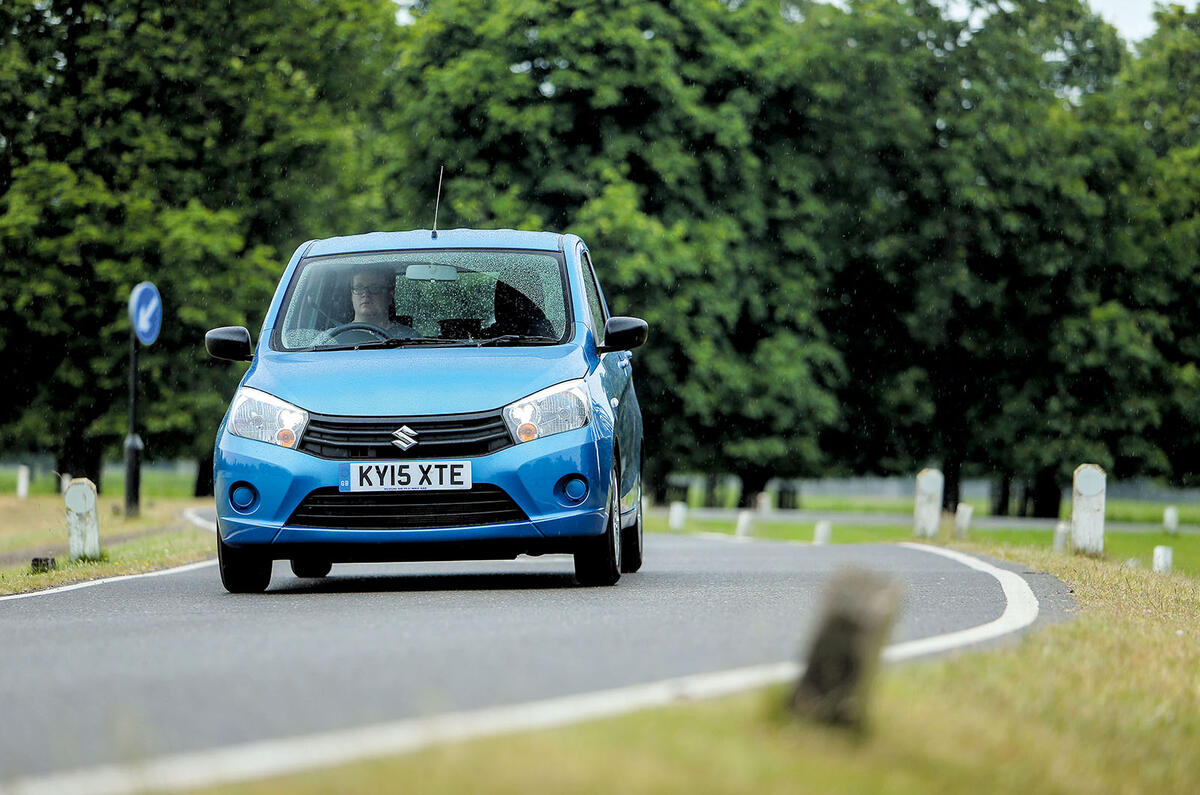
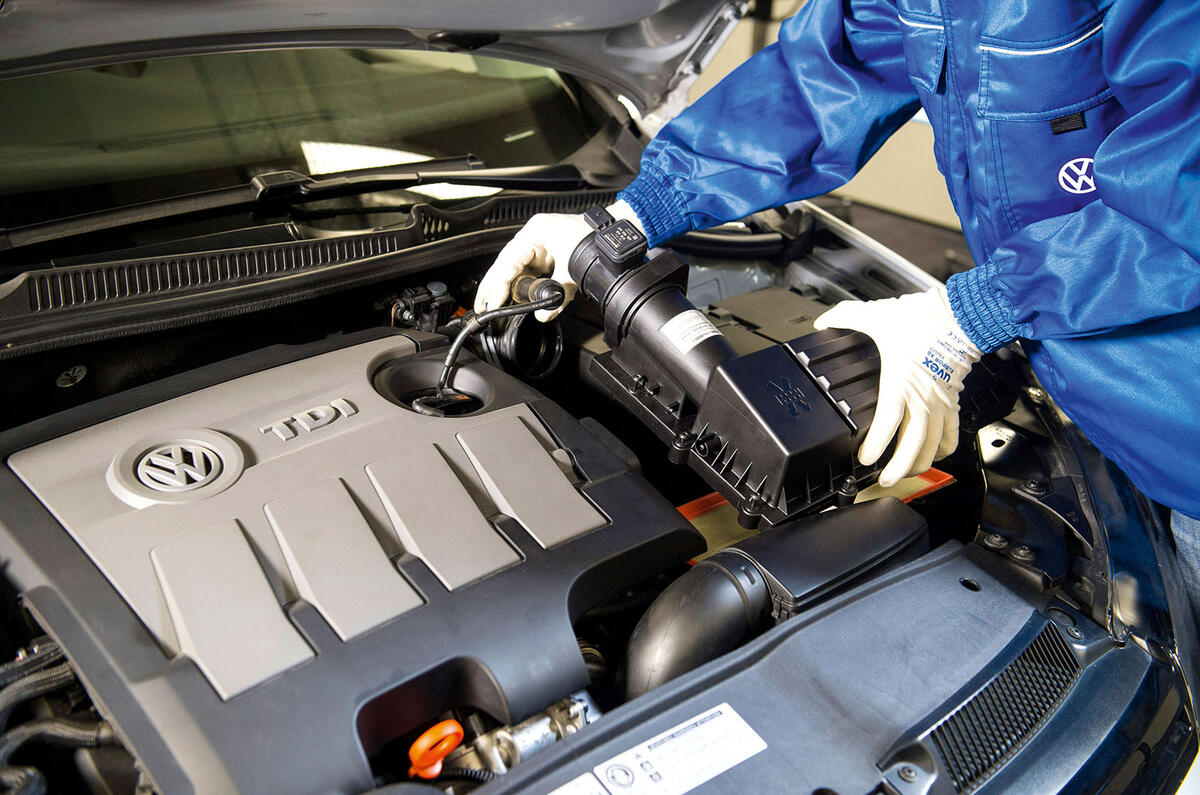
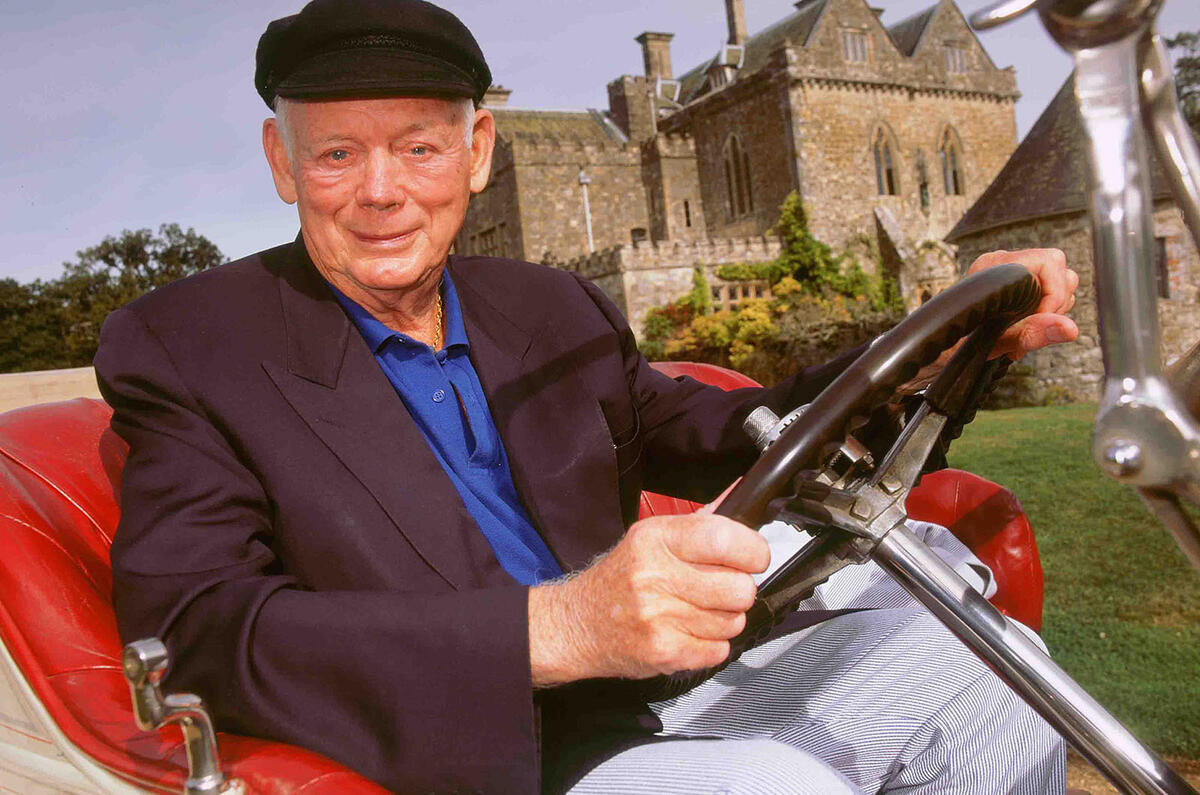
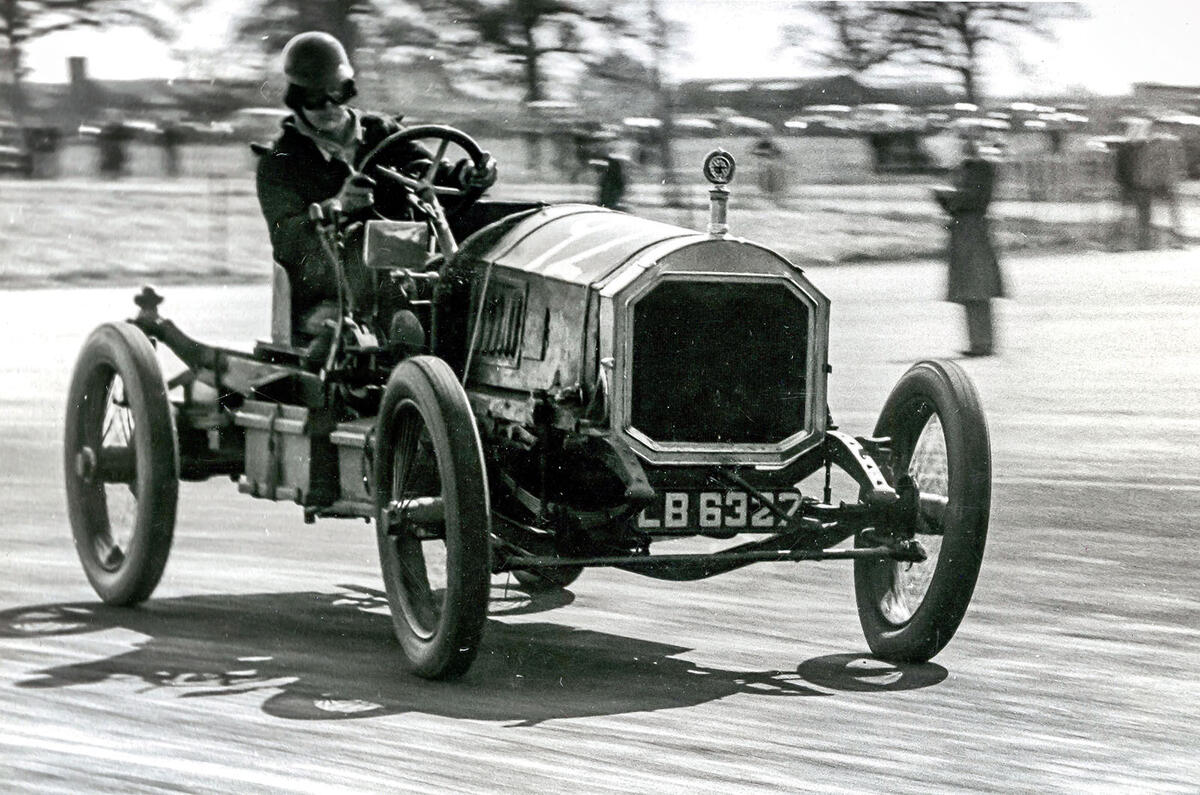

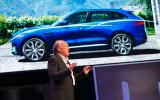

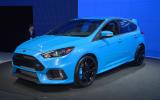
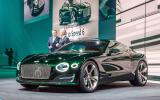
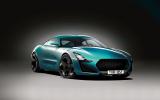
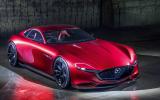
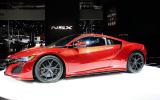
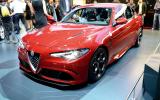
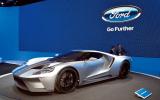

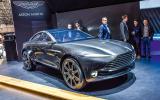




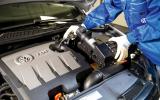

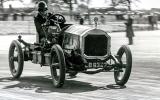



Join the debate
Add your comment
Chris 576
VW omission
Odd that, because...
Perhaps all the writer's attention was on VW emissions, hence the VW omission? Or was it that the Golf is not a cheap car, but a BMW is?
Watershed year?
I think so.